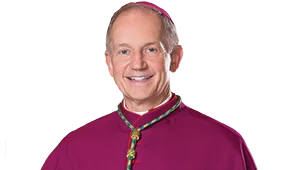
Bishop Thomas John Paprocki | Diocese of Springfield
In the United States, yoga has grown into a popular practice with around 30 million practitioners. The industry surrounding yoga offers various products and services, including classes and workshops. However, there is an ongoing debate among Christians about whether practicing yoga aligns with their spiritual beliefs.
The concerns about yoga are often linked to how it is understood. Some view it as a series of physical exercises intended to reduce stress, while others see it as part of Eastern spirituality that involves meditation, mantras, and symbolic gestures aimed at "awakening the power of the divine."
Yoga originates from India and has roots in Hinduism. It can have spiritual or religious components depending on how it's practiced. Dave Fetcho from the Ananda Marga Yoga Society states that "Physical yoga, according to its classical definitions, is inheritably and functionally incapable of being separated from Eastern religious metaphysics."
This connection between yoga's metaphysical aspects and Eastern spirituality raises concerns for some Christians. The Christian faith contrasts significantly with these beliefs in terms of God’s nature and humanity's destiny.
A key concept in yoga is "kundalini," described by scholar Hans Rieker as essential to all practices. Researcher John White warns against the focus on self-elevation through kundalini experiences, likening it to becoming godlike.
Kundalini energy is often visualized as a serpent rising through body centers to reach a state of total absorption in divinity. Swami Vivekananda explains this process as achieving "samadhi." Gopi Krishna describes his experience with kundalini as mentally challenging: “It was variable for many years, painful, obsessive … . I have passed through almost all the stages.”
For Christians, such imagery may echo biblical warnings about seeking divine status (Gen 3:5). Pursuing kundalini could be spiritually risky due to altered consciousness states.
Moreover, some argue that meditative aspects of yoga clash with Christian prayer principles focused on Christ rather than self-reflection. A Vatican letter cautions against meditation forms leading to spiritual isolation without openness to God.
Jenny Dubay suggests alternative physical activities like Pilates or Barre classes that offer similar benefits without spiritual conflicts: “Catholics can and should stretch their bodies... There’s no need to engage in a yoga practice.”
Newer approaches include PrayerMotion or Pietra Fitness which integrate Christian elements into exercise routines.
Father Tadeusz Pacholczyk serves at The National Catholic Bioethics Center offering insights on these matters.
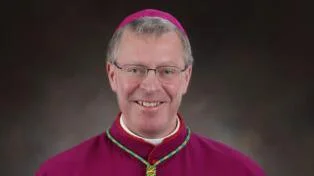
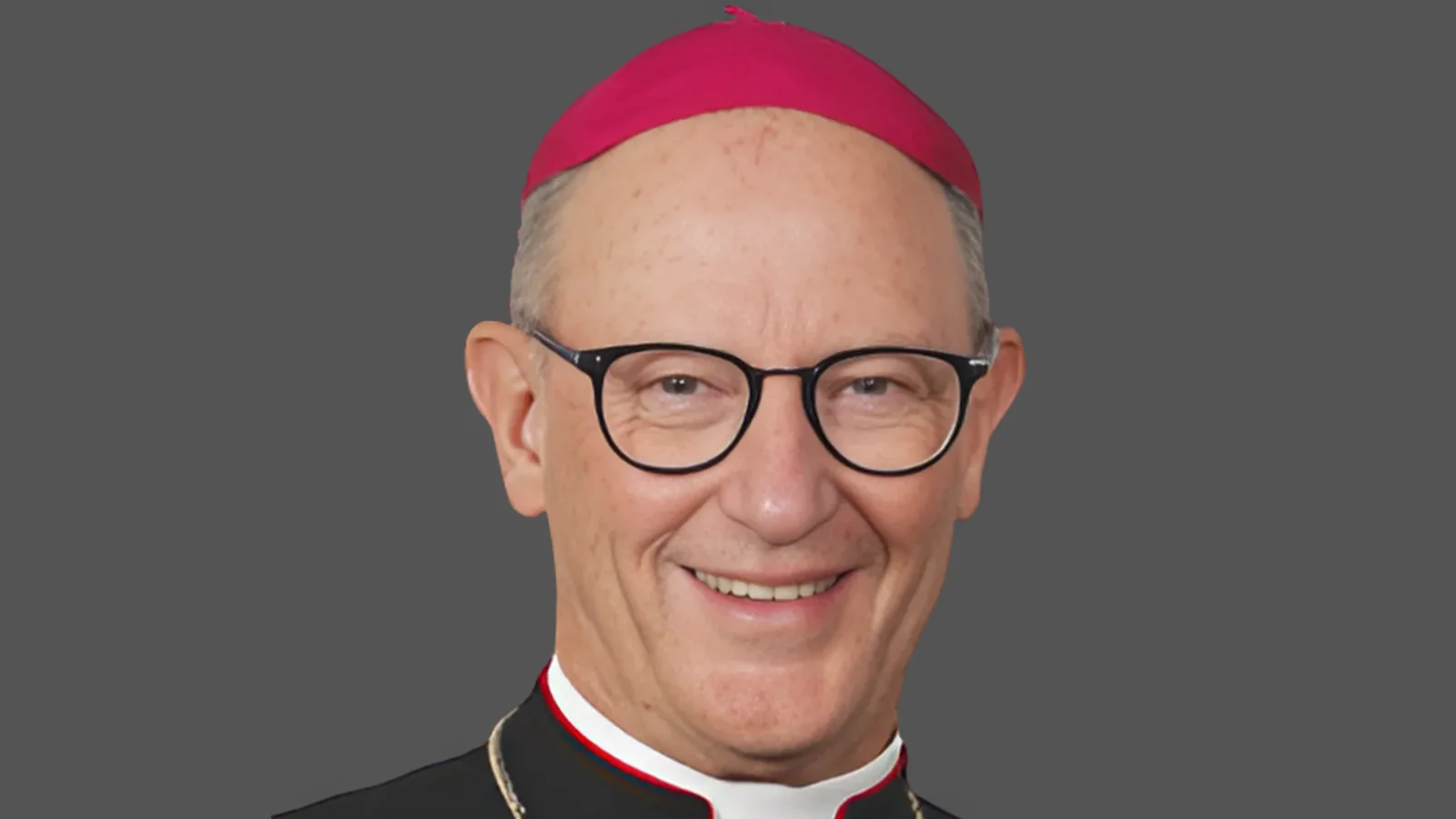
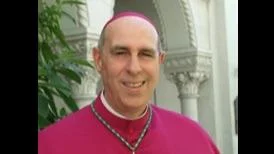
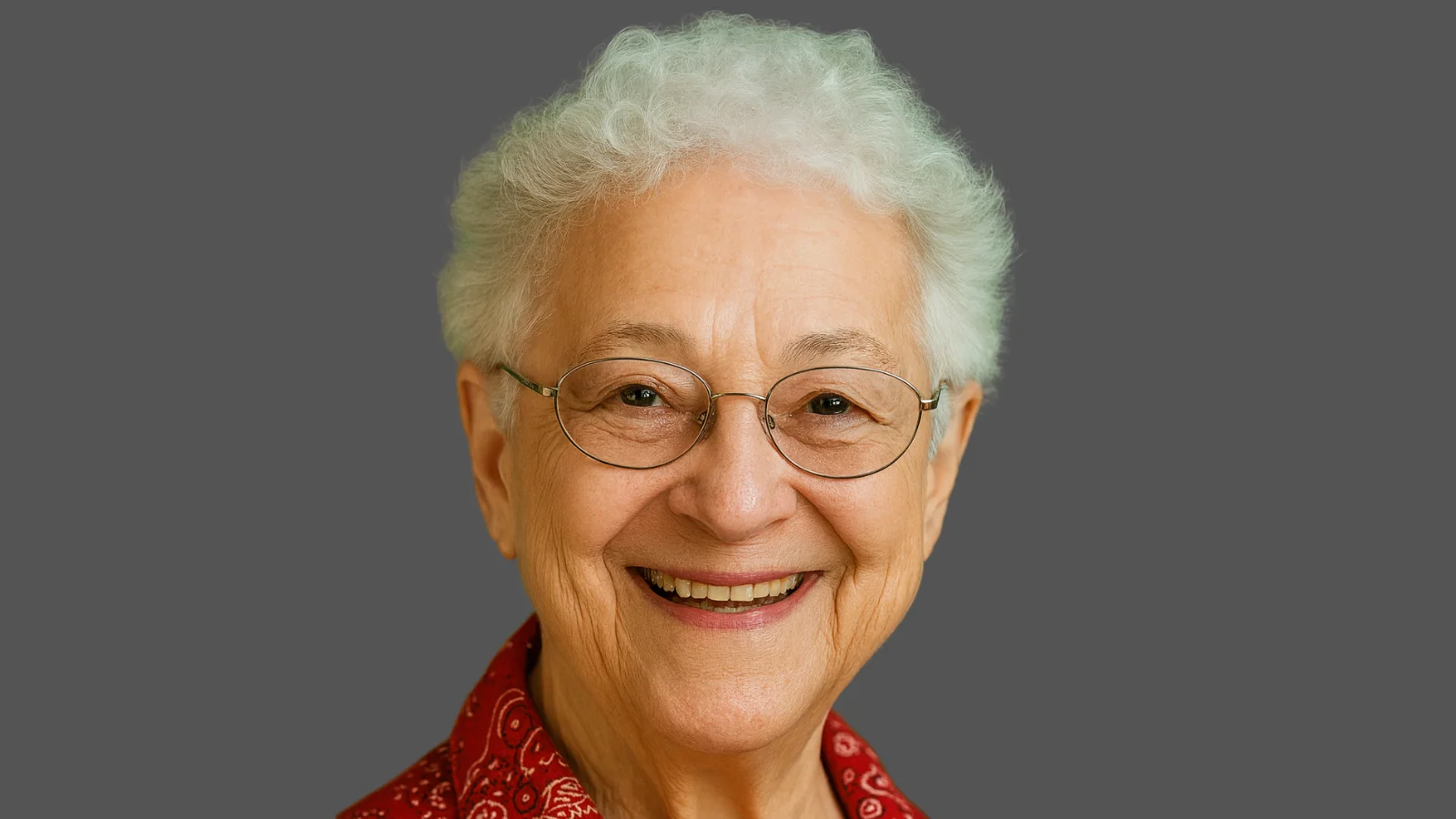
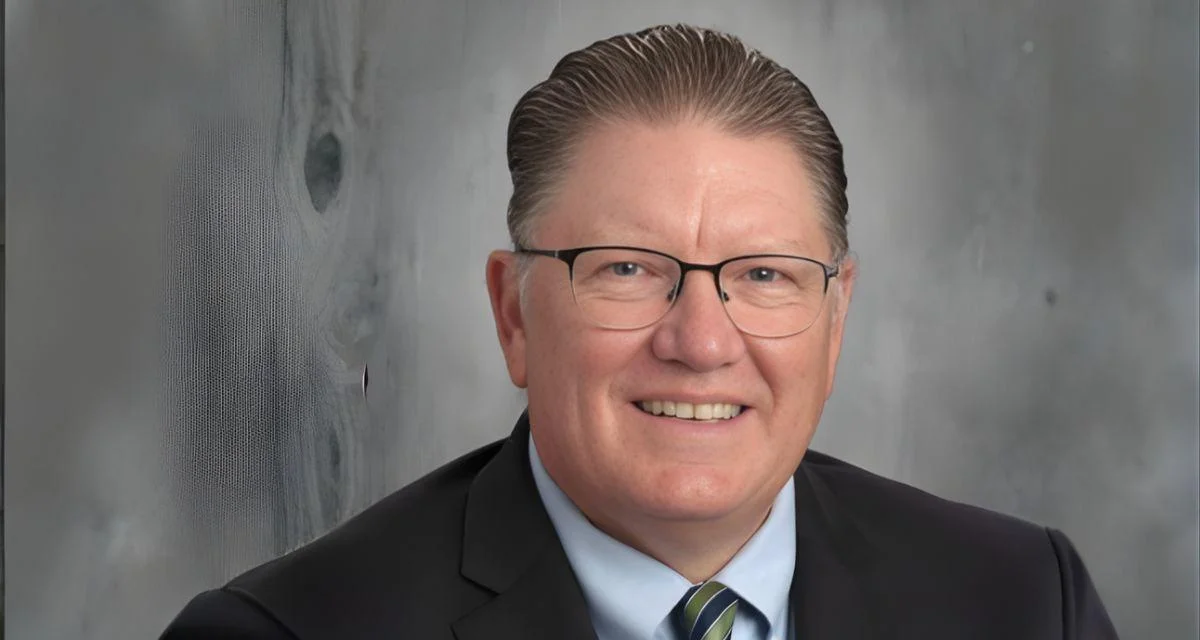

 Alerts Sign-up
Alerts Sign-up